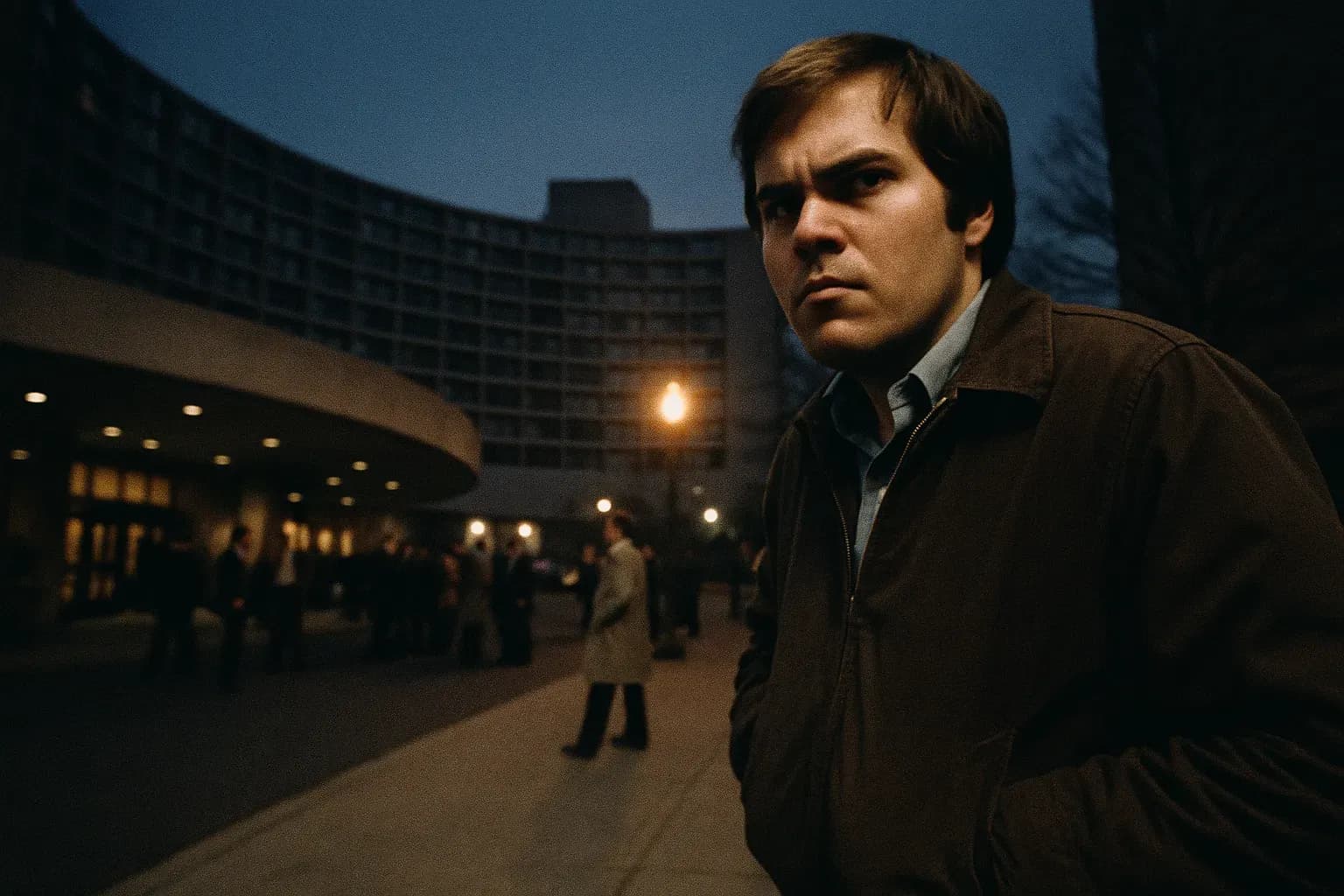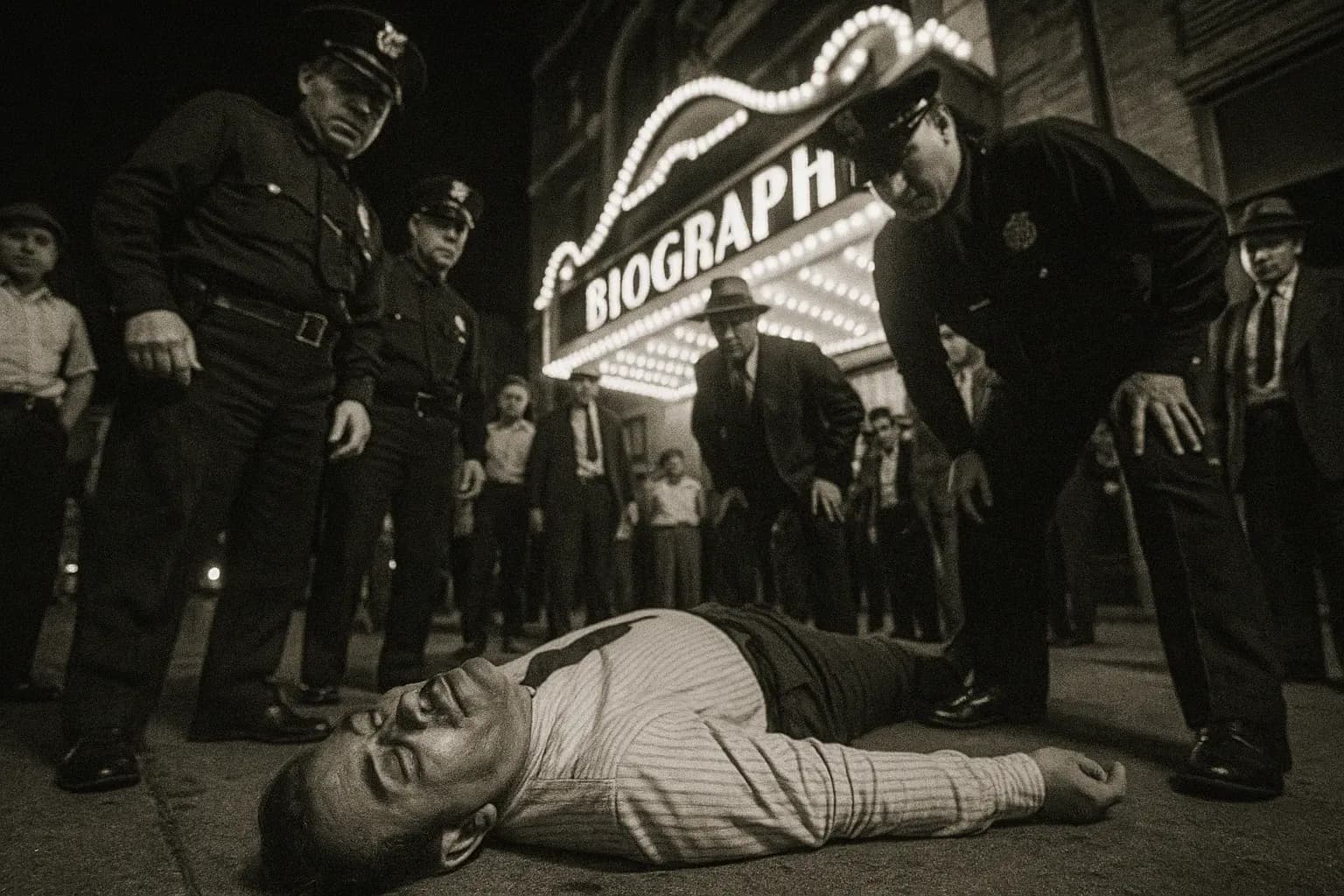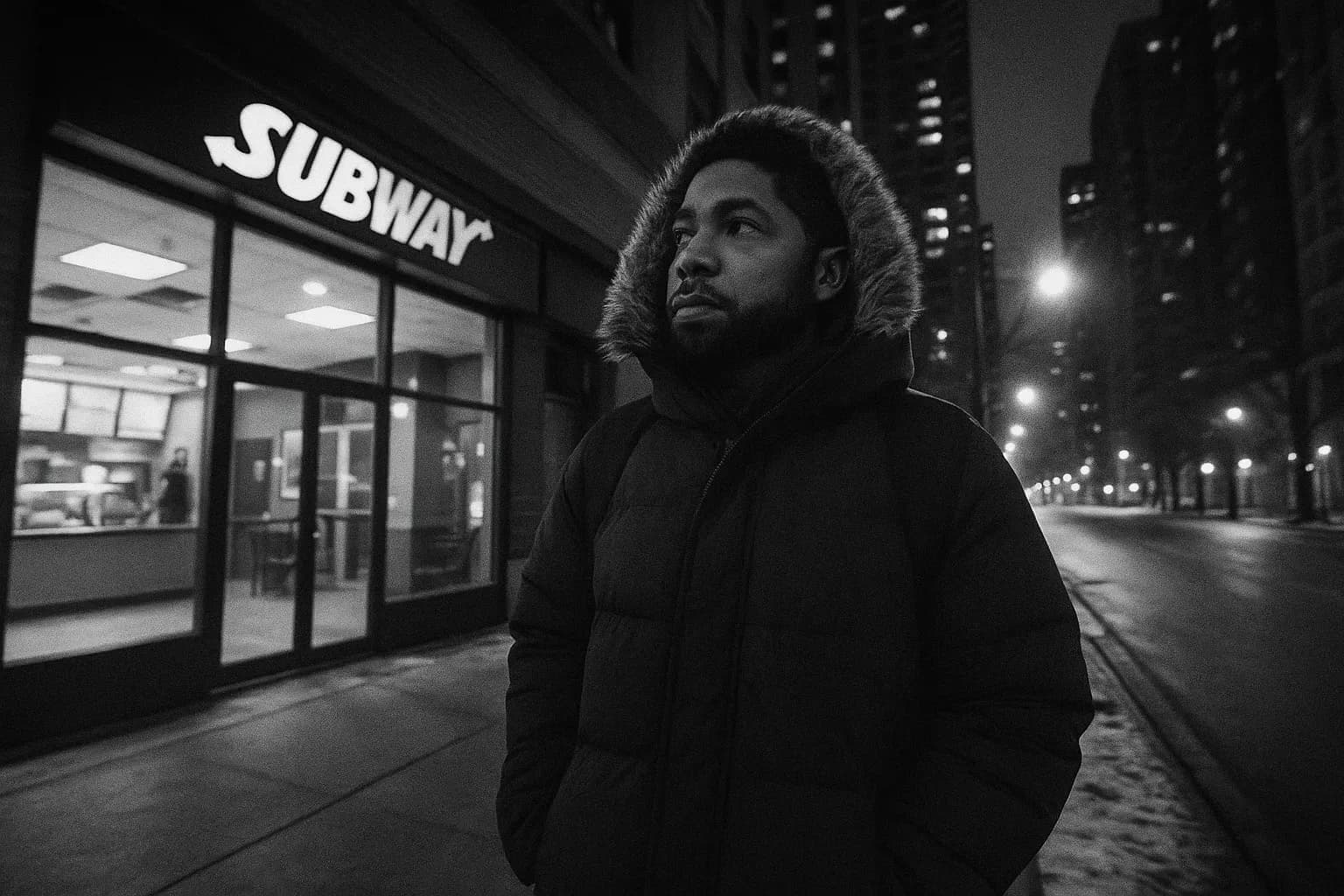
Trial
The Battle for Truth – How Guilt and Innocence are Decided in True Crime
Experience the drama of the trial! Understand how evidence, witnesses, and legal arguments determine guilt and truth in true crime's most crucial moment.
The Battle for Truth – How Guilt and Innocence are Decided in True Crime
What is a trial, and why is it vital in true crime?
Within true crime and the Danish justice system, a trial is the central and formal legal process where a court determines an accused person's guilt or innocence in a committed crime. In the courtroom, the results of the prior investigation and the collective evidence are presented, including the examination of relevant witnesses under oath. Here, both prosecutor and defense present their arguments in what is often an intense legal duel, with the ultimate goal of reaching a decision based on applicable legislation (in Denmark, frequently the Administration of Justice Act) and the presented facts. For true crime enthusiasts, the trial often marks the culmination of a long and complex investigation – a dramatic spectacle where the truth, or at least a legal version of it, is sought to be established.
Evidence: From DNA traces to the witness stand
The core of any trial is the presentation of evidence. Technical evidence such as DNA proof, fingerprints, or analyses from a potential crime scene is presented, supplemented by testimonies from both eyewitnesses and expert witnesses. Added to this are any confessions or documentation that can shed light on the accused's role in the alleged crime. The defense attorney's task is to cast doubt on the prosecution's evidence, highlight alternative scenarios, or point out any procedural errors, while the prosecutor methodically attempts to build an irrefutable case. The judge presides over the proceedings and ensures that the process adheres to the letter of the law, including fundamental legal principles. In many legal systems, including the Danish one, it is a jury or a panel of lay judges who ultimately assess the crucial question of guilt. Public interest, often supported by the principle of open justice, can be enormous, especially in cases of serious violent crime, as the trial is not just about the individual case but also about society's sense of justice and trust in the legal system.
Beyond legal texts: Human dramas in a trial
Trials often reveal the human aspects of crime in a very direct way – the victims' suffering, the accused's potential desperation or calculation, and the complex motives that can lie behind a crime. The outcome of a trial, whether it results in a conviction or an acquittal, has far-reaching consequences for everyone involved and can shape public perception of justice. Understanding the dynamics of a trial, its strengths and weaknesses, is therefore central for anyone wishing to delve into the many facets of the true crime genre, as it is in this crucial phase of the criminal process that the state's power to judge and punish is truly expressed and tested.
Did this pique your interest? Explore cases of serious violent crime and other offenses where the outcome is decided in court. Dive into real-life trial cases – find our exciting cases below.
Posts Tagged “Trial”
283 postsShowing first 20 of 283 posts. Use search or filters to find more.
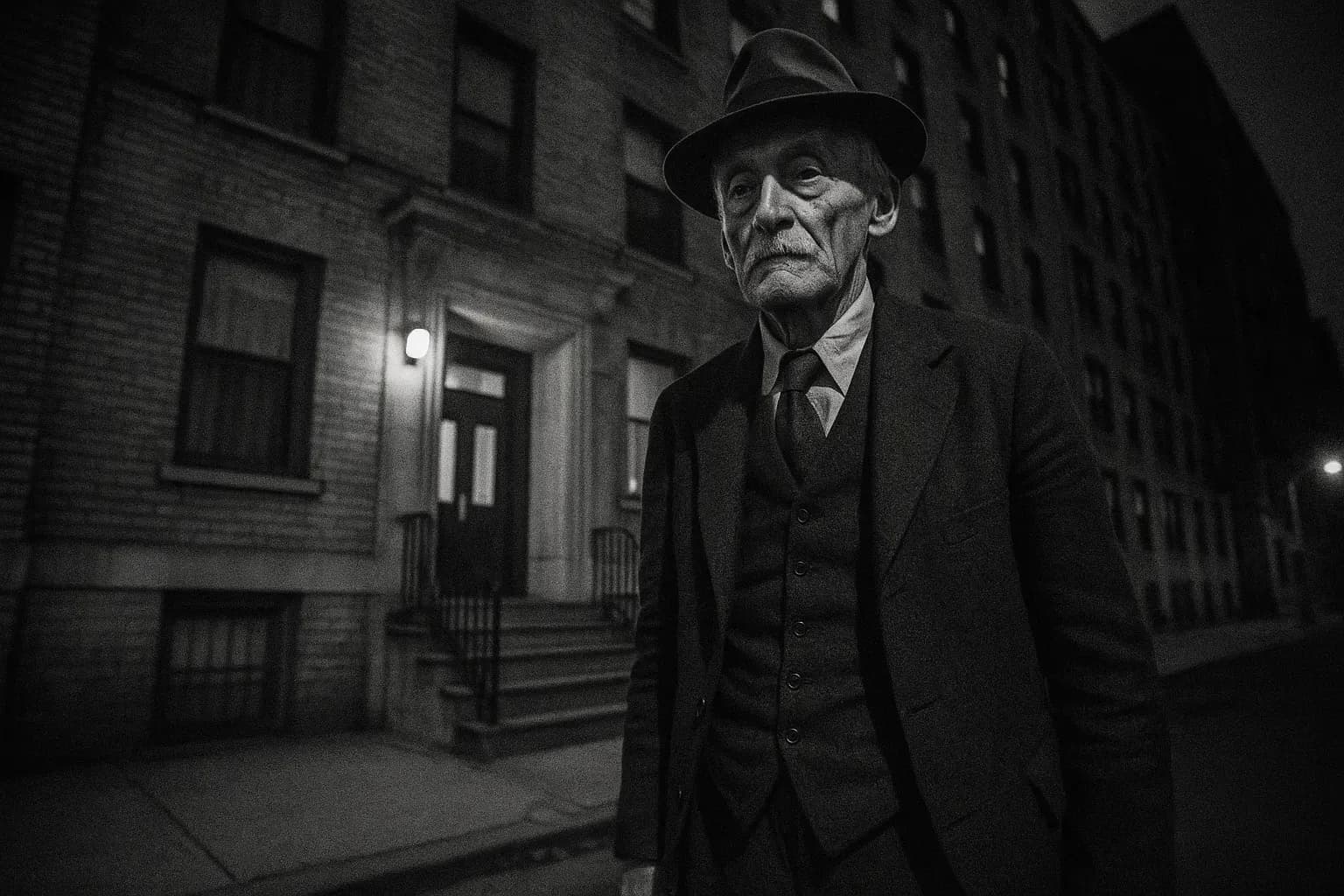
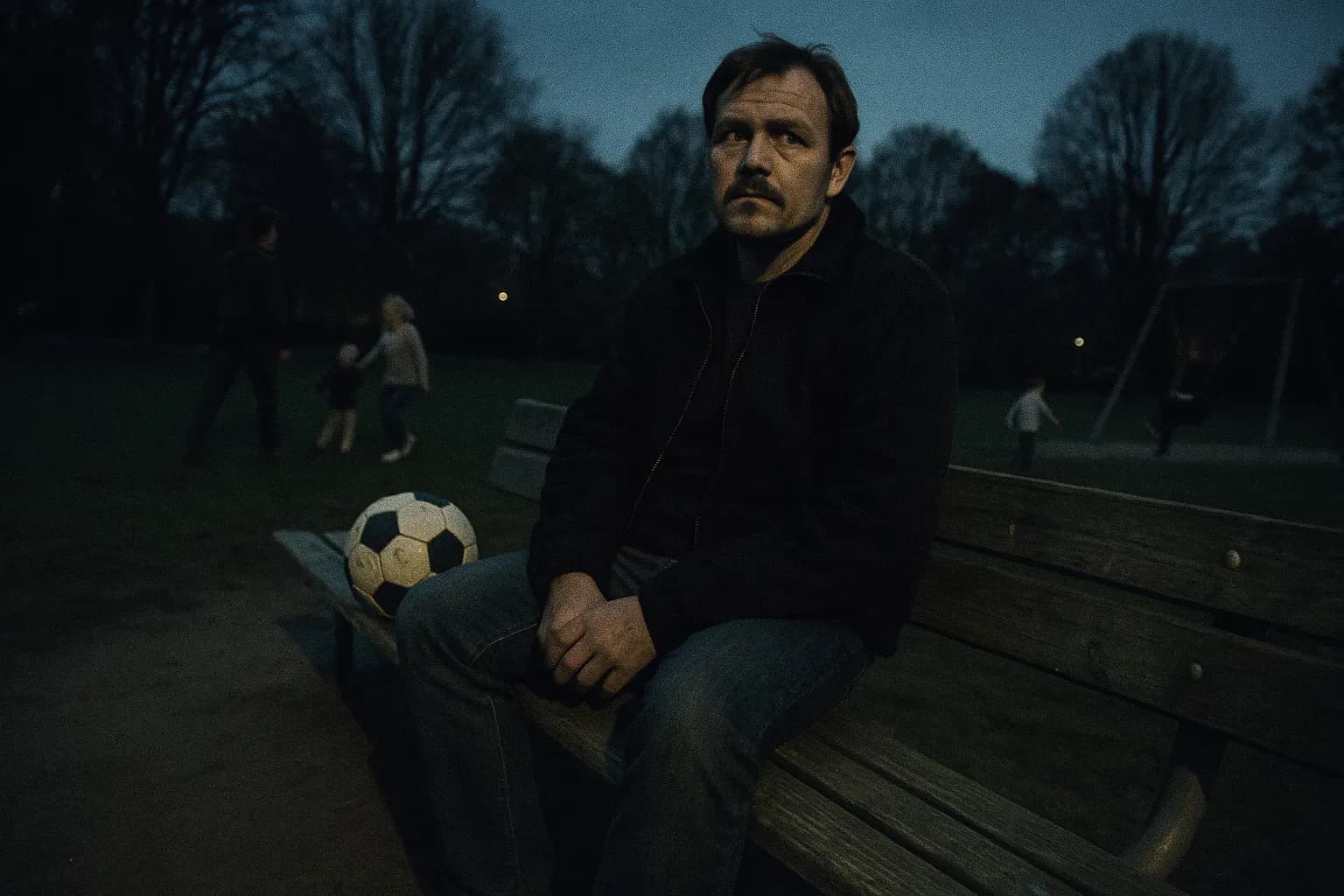
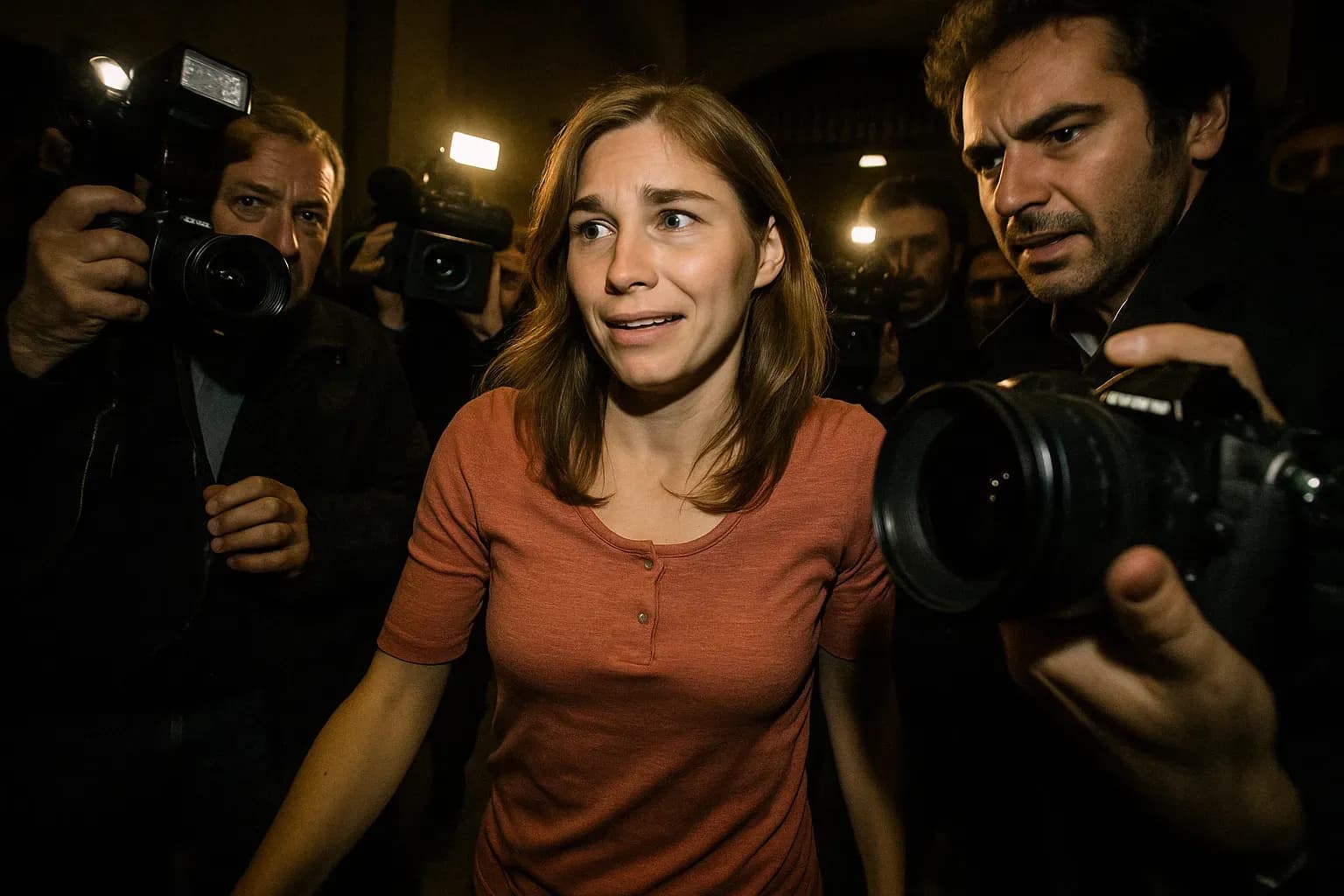
.webp&w=3840&q=75)




.webp&w=3840&q=75)


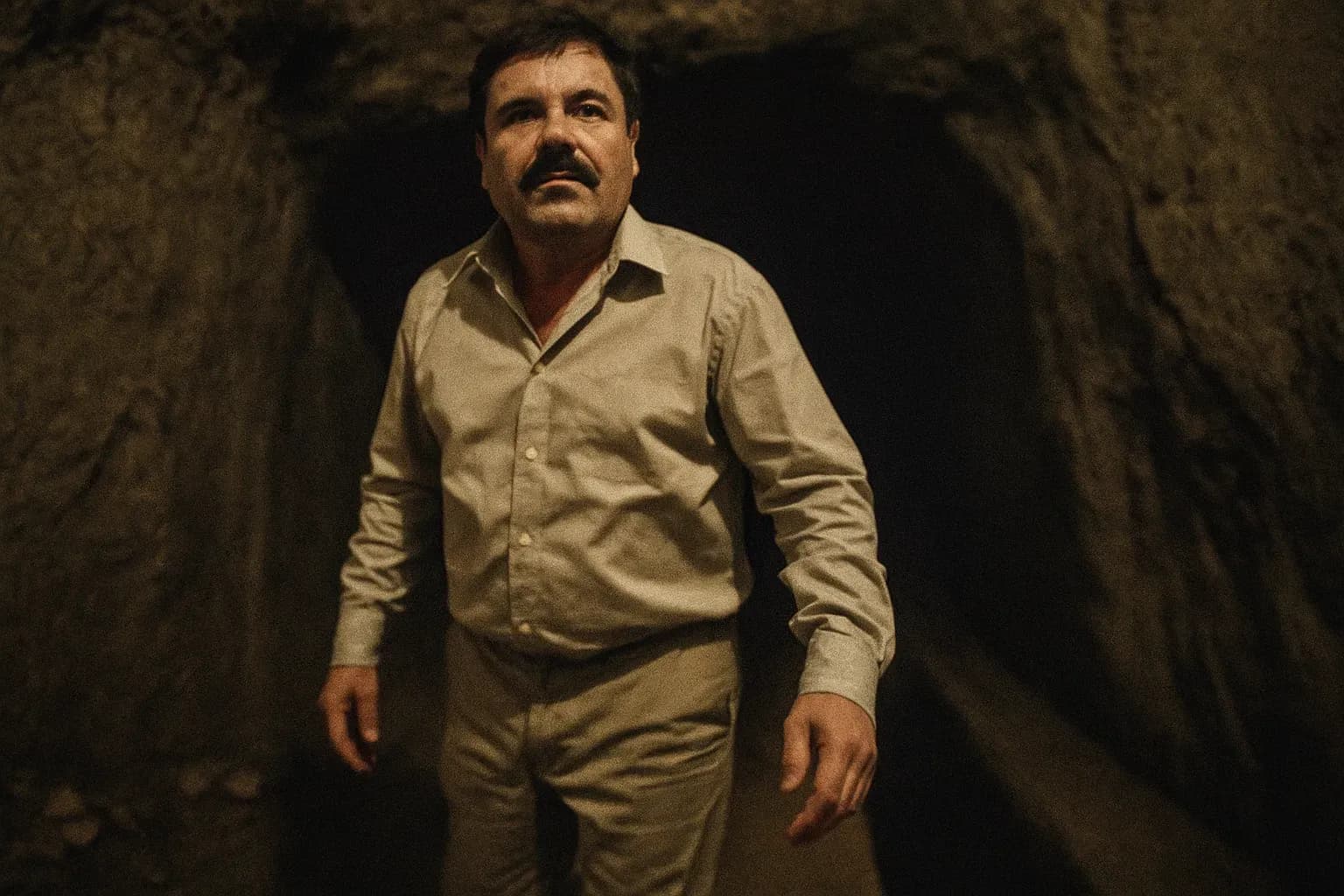

.webp&w=3840&q=75)

